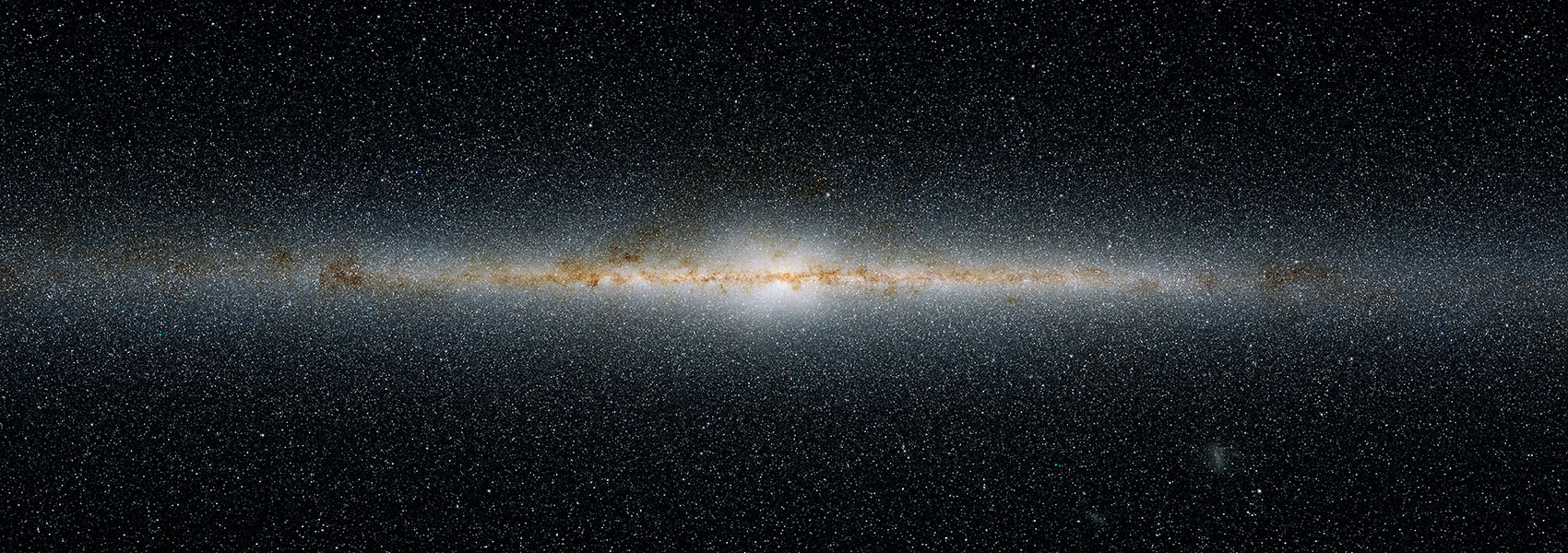
Andrew J. Rushby (UC Irvine): "What's Land Got To Do With It?: (Some) Effects of Land Surface Composition and Land/Ocean Ratio on the Climate of Terrestrial Worlds orbiting Low Mass Stars"
Title: What's Land Got To Do With It?: (Some) Effects of Land Surface Composition and Land/Ocean Ratio on the Climate of Terrestrial Worlds orbiting Low Mass Stars
Abstract: The climate of terrestrial planets can be affected by the reflective properties of their land, ocean, and frozen surfaces. In this talk, I will present recent results from our exoplanet climate group at UC Irvine. Using spectra from M-, K-, G- and F-dwarf stars combined with a 1-D energy balance model, we investigated the effect of varying fractional and latitudinal coverage of land and ocean surfaces on the overall planetary albedo, climate, and ice-albedo feedback response of small, rocky planets. Our results showed that planets dominated by land are relatively cooler regardless of star type, but that planets orbiting M-dwarf stars remain relatively warmer and exhibit ice-lines at higher latitudes, as well as exhibiting a weakened sensitivity of the climate system to perturbations. We also leveraged the Community Earth Systems Model (CESM), a 3-D global circulation model, with ExoCAM, a climate module for CESM developed for exoplanet applications, to investigate the effect of the composition of the land surface on the climate state of land-covered, tidally-locked planets in the TRAPPIST-1 system. Using spectra for a range of terrestrial continental materials we demonstrate the considerable effect of the radiative properties on the land surface on the overall heat transport, atmospheric dynamics, and climate of TRAPPIST-1d, e, and f. We note that, assuming land-covered planets, none are strong candidates for habitable conditions. Furthermore, variations in the Bond albedo of the surface material can induce large-scale changes in the climate and atmospheric rotational regimes of these planets, with implications for habitability and observations.
- Date: 12:15 PM, November 18th, 2020
- Location: Online only: please subscribe to https://lists.ipac.caltech.edu/mailman/listinfo/seminars to obtain more information
- Category: Science Talk


